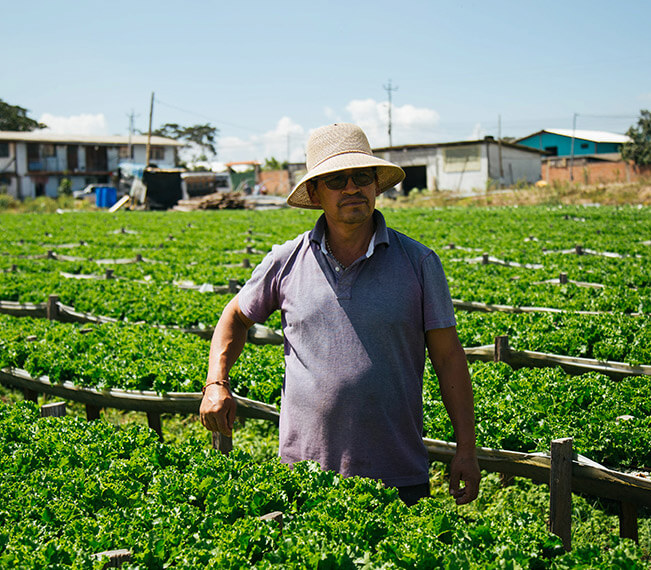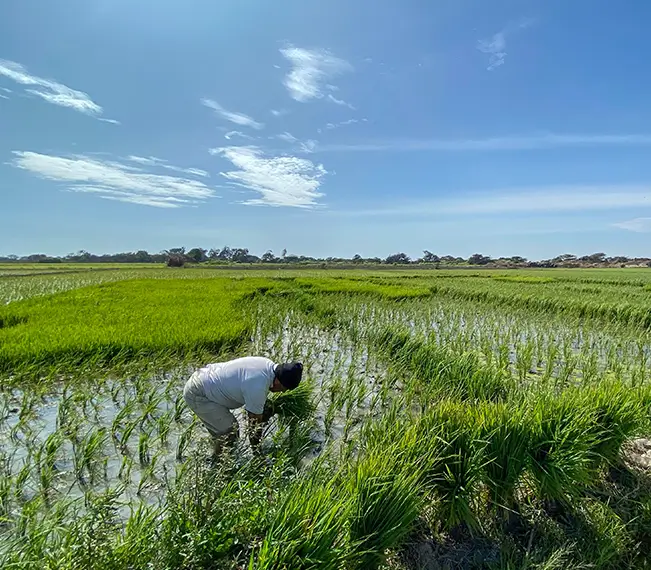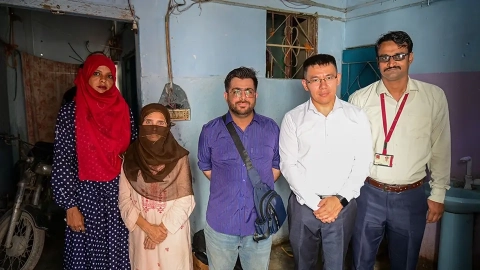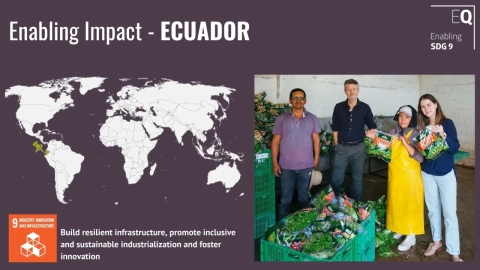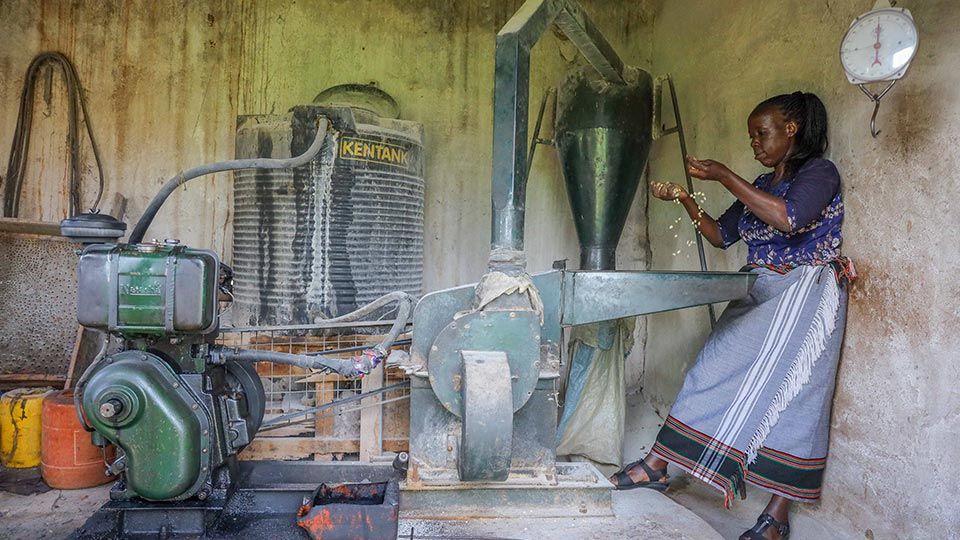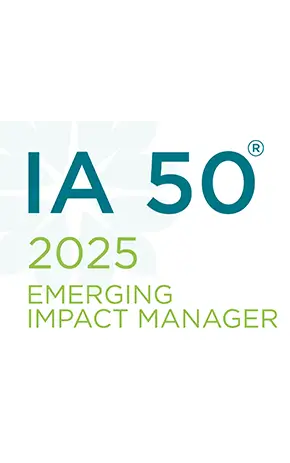What is impact investment ?
Impact investments are investments that are made with the goal of producing both a positive financial return and a verifiable social and/or environmental impact.
Impact investing is now a popular practice among investors worldwide as a means of maximizing the positive potential of money. It contradicts long-held beliefs that market investments should only be focused on generating financial returns, and that social and environmental issues can only be addressed through charitable donations.
WHY : By making investments that also generate financial returns, investors have a variety of realistic options to advance social and environmental issues. This dual approach harnesses the power of capital markets while actively contributing to positive change.
How profitable are impact investments ?
Reports on investments in emerging economies, established markets, and the market as a whole generally indicate that portfolio performance shows stable financial returns while contributing to the UN Sustainable Development Goals (SDGs).
The EMF Enabling Microfinance Foundation is at the forefront of driving positive change through microfinance initiatives
The non-profit EMF Enabling Microfinance Foundation is closely linked to the EMF Microfinance Fund with the target of generating the greatest possible social impact by improving access to finance. While the fund is the main instrument for achieving this goal, this charitable foundation is additionally used to launch new projects to improve the conditions along the microfinance value chain, such as a microfinance training program for women..
At Enabling Qapital, we believe in the power of moving money to meaning. Access our most recent sustainability report here.


